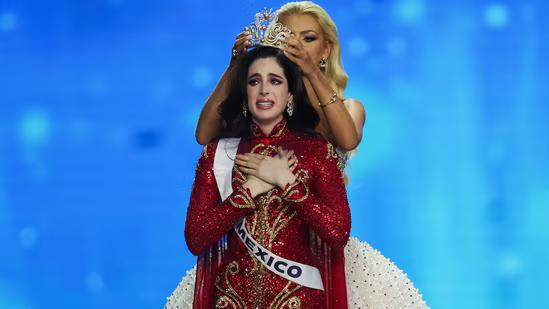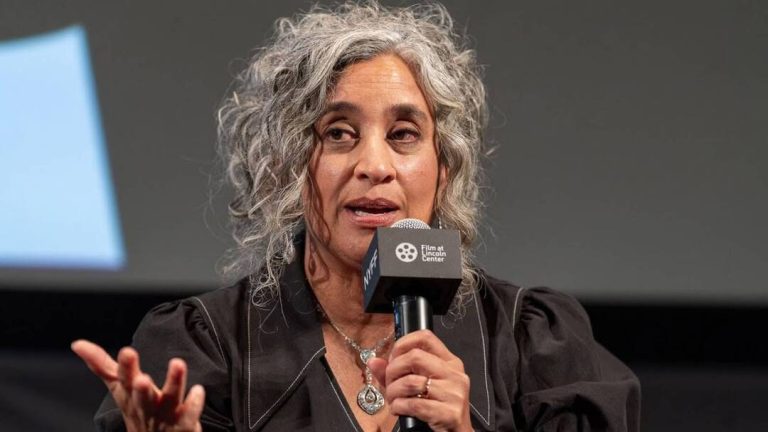
Disheartening: Miss Universe India on Fatima Bosch facing hate
The world of beauty pageants is often associated with glamour, excitement, and celebration. However, behind the glitz and glory, there can be a darker side. Recently, Miss Universe 2025 Fatima Bosch has been facing online hate, and it’s a disturbing trend that needs to be addressed. In a statement, Miss Universe India National Director Nikhil Anand has come out in support of Fatima, condemning the online vitriol she has been subjected to.
According to Anand, “To see a young woman who has worked tirelessly and dreamed fearlessly, subjected to online vitriol, is deeply disheartening.” These words resonate deeply, as it’s indeed heartbreaking to see someone who has achieved great success being targeted by hateful comments. Anand further emphasized, “Posting hate is never right; it wounds the spirit and tarnishes what should be a moment of pure celebration.” His statement highlights the importance of promoting positivity and respect, especially in the public domain.
The incident has sparked a larger conversation about the impact of online hate and the need for a more supportive and inclusive environment. It’s essential to recognize that Fatima Bosch is not just a beauty queen but a human being who deserves respect and kindness. The fact that she has been facing online hate is a stark reminder of the harsh realities of the digital world, where people often hide behind screens to spew venom and negativity.
The Miss Universe India organization has broken its silence on the controversy, emphasizing the need to address the hurtful comments. This move is a step in the right direction, as it acknowledges the harm caused by online hate and encourages a more constructive dialogue. It’s crucial for organizations and individuals to take a stand against online bullying and promote a culture of empathy and understanding.
The world of beauty pageants is often scrutinized, and contestants are under constant pressure to conform to certain standards of beauty and behavior. However, this pressure can sometimes boil over into online hate, as people feel entitled to express their opinions, often without considering the impact on the individual. It’s essential to remember that beauty queens are not just objects of admiration but human beings with feelings, emotions, and vulnerabilities.
Fatima Bosch’s experience is not an isolated incident. Many beauty queens and public figures have faced online hate, and it’s a trend that needs to be addressed. The consequences of online hate can be severe, ranging from emotional distress to long-term psychological damage. It’s essential to create a safe and supportive environment where individuals can express themselves without fear of ridicule or harassment.
The Miss Universe India organization’s statement is a call to action, encouraging people to reflect on their behavior and promote a more positive and respectful online culture. It’s a reminder that words have power and can either uplift or hurt. As Anand said, “Posting hate is never right; it wounds the spirit and tarnishes what should be a moment of pure celebration.” These words should serve as a guiding principle for online interactions, encouraging people to think before they post and consider the impact of their words.
In conclusion, the incident involving Fatima Bosch is a disheartening reminder of the darker side of the digital world. However, it’s also an opportunity for reflection and growth. By promoting a culture of empathy, respect, and kindness, we can create a more supportive and inclusive environment, where individuals can thrive without fear of online hate. As we move forward, it’s essential to remember that beauty queens, like Fatima Bosch, are not just objects of admiration but human beings who deserve our respect, kindness, and compassion.




